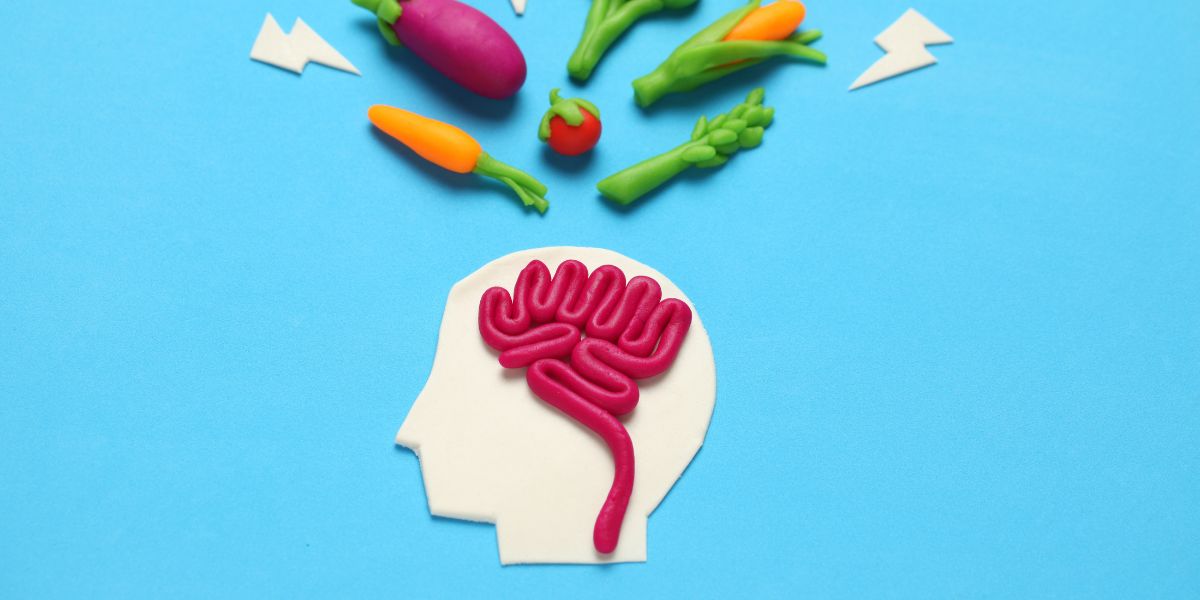Colour, music and art are sensory or creative therapies. A number of studies have been run to test the benefit of these therapies on different aspects of diabetes.
There is some evidence that art and music therapy can have some benefits for certain people but the research to date is limited to small studies, therefore the reliability of the findings is not guaranteed.
In this guide, we review which studies have been run and what they can tell us.
Art therapy
Art therapy can help someone with diabetes regain a sense of control and maintain a feeling of independence.
The therapy could help people move towards gaining acceptance of diabetes which is an important hurdle to cross. Accepting diabetes can lead people towards taking ownership of their diabetes which in turn can lead to improvement in diabetes management [311]
A 2013 study into art therapy for children with uncontrolled type 1 diabetes showed evidence of benefits for diabetes management.
The children chosen to take part had been struggling with self-management. Needle phobia and difficulty adhering to a good diet and taking injections were some of the main issues encountered by the children. Art therapy was maintained for an average of about 9 months in the intervention group of children.
The study showed that those taking part in art therapy improved their HbA1c by 9 mmol/mol (0.8%) on average compared with the control group. [312]
Music therapy
Most of us find music can be useful for relaxing and motivation. Research has also tested music therapy and shown that it may have some short-term benefits in certain areas.
A 2013 study found evidence that music therapy could help lower systolic blood pressure of patients with diabetes and high blood pressure [313]
Listening to pleasant music could help reduce feelings of pain, according to a study from 2008. This effect could, for example, have short-term benefits for people with a degree of neuropathy pain [314]
Colour therapy
Colour therapy, also known as chromotherapy, is based on the idea that different colours can help with physical and mental health
However, there is little evidence to demonstrate that the therapy has treatment potential in diabetes.




